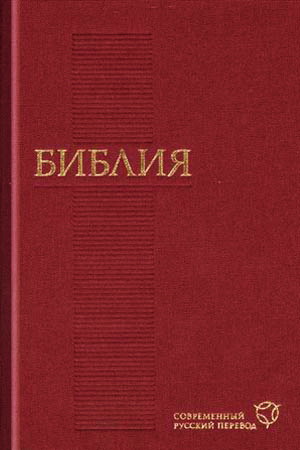
Metzger - Coogan - Oxford Guide to People and Places of the Bible
Bruce M. Metzger, Michael D. Coogan - Oxford Guide to People and Places of the Bible
Oxford: Oxford University Press, 2002. – 436 p.
Print ISBN-13: 9780195146417
eISBN: 9780199891283
This essential guide offers 325 articles that describe the people and places that appear in the New Testament and Old Testament of the Bible. From prophets, apostles, and groups (such as Hebrews and Angels) to kingdoms and countries, cities and mountains where Biblical events took place.
Written by an international team of noted biblical experts, it is a useful, reliable resource for scholars and students.
* * *
Jacob
Son of Isaac and Rebekah and younger brother of Esau. The Bible presents Jacob in a double light. On the one hand, he is the revered ancestor of the people of Israel, and indeed the name “Israel” is said to have been given him by God after he had wrestled with God himself at Penuel; on the other, he is a trickster, who deceives his brother into parting with his birthright and his father into giving him the blessing of the firstborn that should have belonged to Esau. Hosea 12.2–6 and Isaiah 43.27 may well indicate that Jacob's acts were later regarded as sinful, although the accounts in Genesis seem to record them without censure. Jacob is presented as a pastoralist, whereas Esau is a hunter, and the stories about them may reflect rivalries between these two groups in later times, as with the story of Cain and Abel; equally, they are contrasted as the ancestors respectively of Israelites and Edomites.
Jacob, like his father Isaac, seeks a wife in Mesopotamia. On the way Jacob encamps at Bethel and there in a dream sees divine messengers ascending and descending on a staircase between earth and heaven (See Rachel; Jacob contracts to work for seven years but at the end of that time is given Leah, her elder sister, instead. Jacob has his revenge on Laban by swindling him out of large flocks and herds and flees from Laban's house to return to the land of Canaan but is finally reconciled with his uncle. After the mysterious incident at Penuel there follows a reconciliation also with Esau.
The remaining stories of Jacob focus on the deeds of his children, the ancestors of the twelve tribes of Israel. Jacob appears as an old man in the story of Joseph, where the theme of trickery recurs in the deceit by which he is robbed of his favorite son by Joseph's jealous brothers. Eventually Jacob goes down to Egypt with his sons and dies there (Gen. 49.33), but his embalmed body is taken for burial to the land of Canaan by Joseph and his brothers. The blessing of Jacob is widely held to contain some of the oldest poetry in the Bible.
John Barton
Midian
The name of a tribal group that appears to have played a significant role in the premonarchic history of Israel. Very little is known of the Midianites, and even the location and extent of their homeland is a matter of scholarly debate. The only source of information about them is the Bible. No archaeological remains can yet be attributed to them, and, with the exception of references in the inscriptions of Tiglath-pileser III and Sargon II to Ephah, one of the subtribes of Midian (referred to as a son of Midian), they do not appear in extrabiblical inscriptions.
The Midianites are generally portrayed in the Bible as seminomadic and nomadic shepherds and traders. Their eponymous ancestor is said to have been the son of Abraham and Keturah and to have been sent by Abraham to the east, along with his brothers. In the narratives of Genesis, Numbers, Joshua, and Judges, groups of Midianites appear all across southern Palestine and Sinai, as well as in Transjordan. This is usually interpreted as an indication of the wide range of their regular migrations.
Although the Midianites are usually portrayed as enemies of Israel, Midian is presented in a more positive light in passages dealing with Moses's sojourn with Jethro/Hobab, a priest of Midian and Moses's father-in-law. The tradition that Moses received his revelation of Yahweh while living with the Midianites and the influential role that Jethro plays in Exodus 18 have led to speculation that the worship of Yahweh may have been adopted by Israel from the Midianites. Such speculations, however, cannot be confirmed.
The battle led by Gideon against the Midianites in Judges 6–8 appears to have been the last time that Midian was a significant political threat to Israel. No conflicts are reported between the two in the monarchic period. Midian, however, continued to survive and play a role in the spice and gold trade from Arabia. In Isaiah 60:6, an early postexilic poem, reference is made to Midianite and Ephaite caravans along the Arabian trade routes.
Wayne T. Pitard
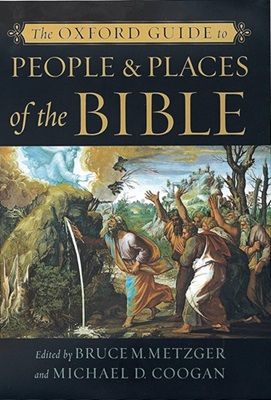
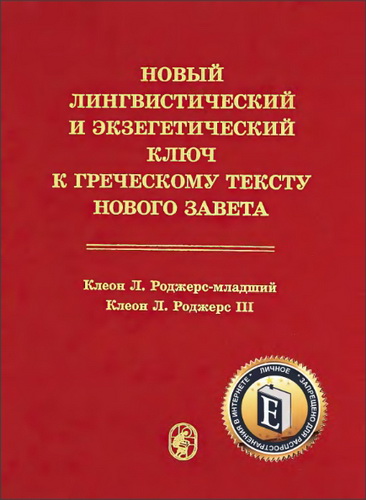
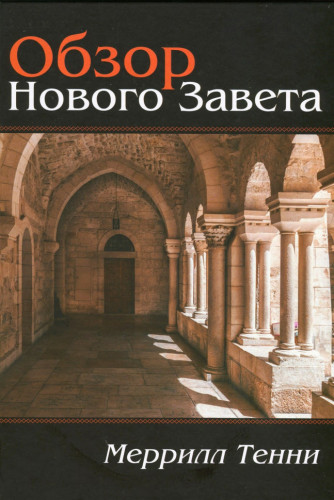
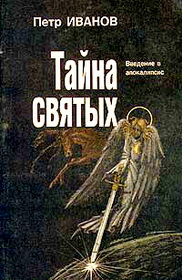
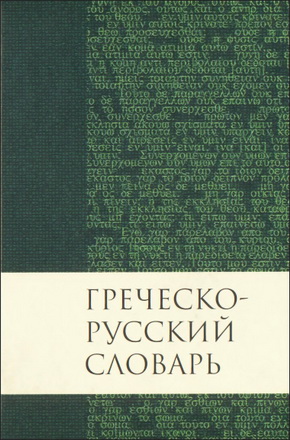
Комментарии
Пока нет комментариев. Будьте первым!